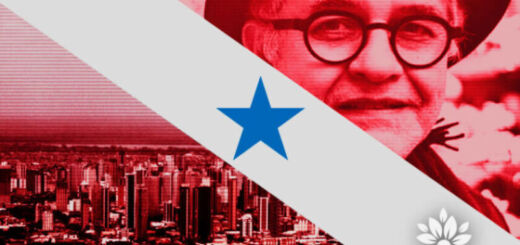Zoé Territory troubles because it is alien to capitalist logic
Maybe that will happen soon, but those who have to be at the forefront of this are the Zoé people, not us

The Indigenous Territory Zoé¹ feeds people and not humans. Nothing leaves this territory to feed the timber, gold or other mineral industries.
This territory is outside of capitalist logic. Not that it’s good or bad, that’s not it. But it is important to note that it is the time of this people and the time of this territory. The moment they are living together. And that bothers.
It is difficult for our society to understand that such a beautiful territory [TI Zoé] and relatively extensive feeds only humans and non-humans. None of this territory feeds the factories and capitalist logic of our society.
Maybe that will happen soon. But those who have to be at the forefront of this are the Zoé people, not us, as we dictate our norms, like our values. It should not be the greed of our society dictating to these people what should be done with this territory that they preserve and that they depend on to survive and to live in peace.
¹ The Zoé people inhabit the region between the Cuminapanema and Erepecuru rivers, in the northwest of the state of Pará, Brazil, in the Amazon region. It was the last Tupi-Guarani-speaking group to be contacted by non-indigenous people in Brazil, still in the mid-1980s. Today, recognized as the Zoé Indigenous Land, homologated in 2009, with an extension of 668.5 thousand hectares.

 Erik Jennings
Erik Jennings


